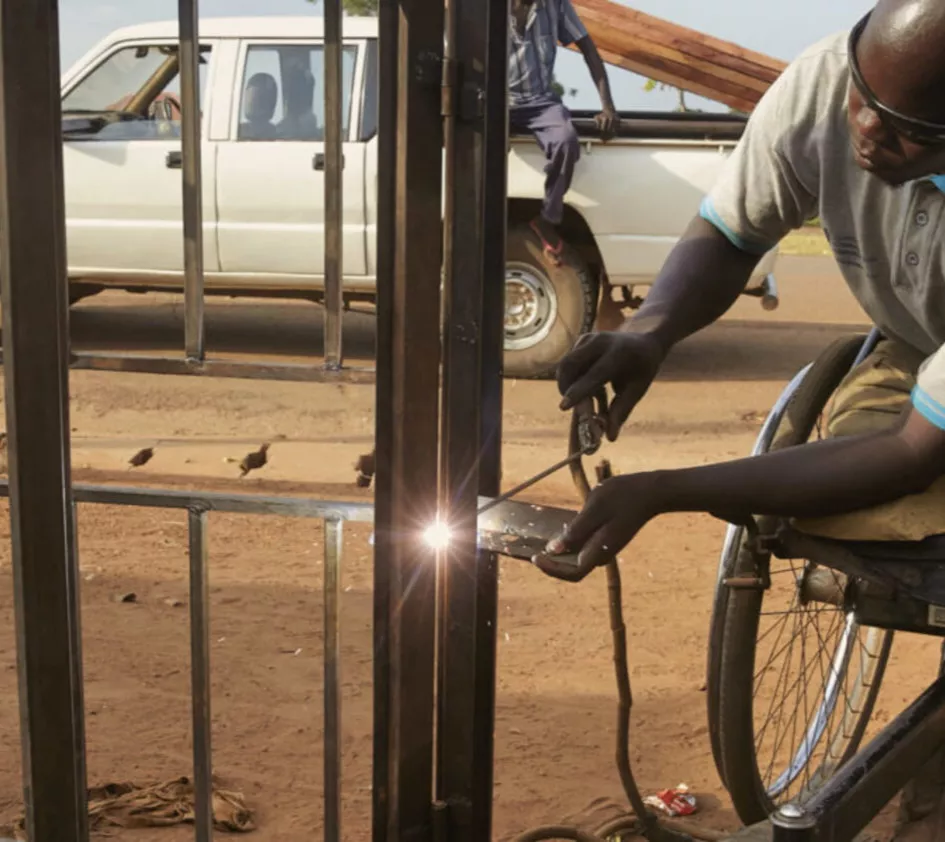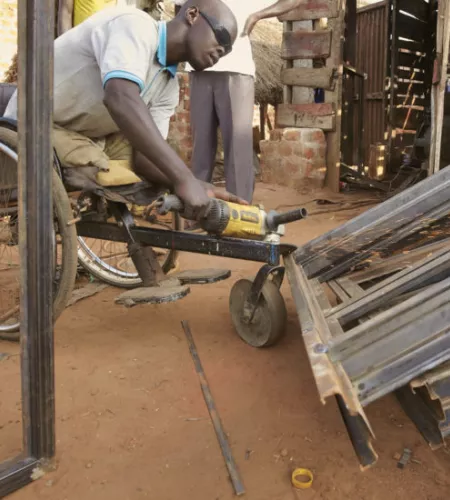It is often quite a challenge for people with disabilities in developing countries to make a living. The corona crisis makes it even more difficult. Recent research by local partners of the SeeYou Foundation shows that 43% of Ugandan people with disabilities can only survive this crisis with the support of their friends, neighbors and relatives. We Are Able! wants to enable people with disabilities to stand up for their own rights and thus gain access to basic services – even in times of crisis. The implementation will take place in six countries: Burundi, DR Congo, Ethiopia, South Sudan, Sudan and Uganda. The programme is part of the Power of Voices Partnerships for Strengthening Civil Society and is granted EUR 34 million by the Dutch Ministry of Foreign Affairs. We Are Able! was set up by six aid organisations:
- African Disability Forum
- SeeYou foundation
- Leprazending
- VNG International
- The Hague Academy for Local Governance
- ZOA
Seeing those that are not seen
Rhonda Eikelboom, head of ZOA’s programme department, emphasizes the importance of focusing on people with disabilities: “These are people who are often excluded and do not have access to basic services such as food and sanitary facilities. They are literally not seen.’’ Again, the corona crisis intensifies the negative spiral that many people find themselves in. Country Director Sophia Mohammed of Light for the World South Sudan said: “Since the corona crisis, we have seen an increasing number of cases of extreme malnutrition in children and adults with disabilities here in the camps around Juba.”


